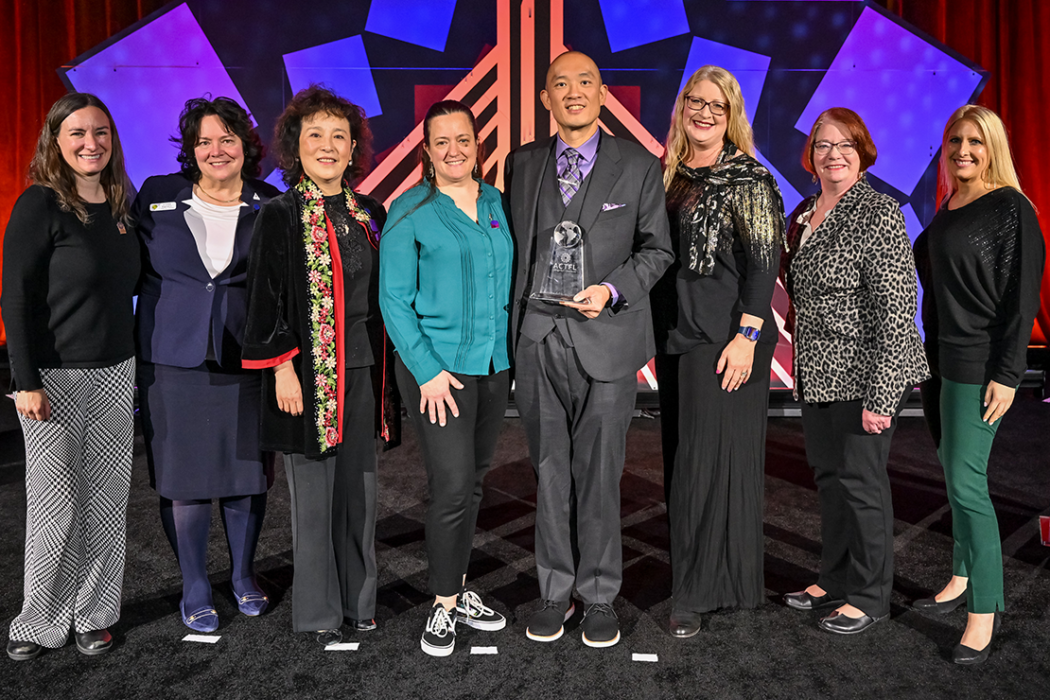Lucy Lee

2013 Hall of Fame Nominee

Livingston High School
Livingston, NJ
2013 Finalist from NECTFL
I can still remember vividly the day when I arrived at the airport in Austin, Texas, in 1974. I was looking for help so I could get to the campus of the University of Texas at Austin and was devastated because no one could understand what I said, and I couldn’t understand what others said to me in return. The indescribable excitement that I carried from Taiwan to become an exchange student in the United States was quickly crushed by the language barrier. The English grammar patterns that I had memorized didn’t seem work; my high marks on the TOEFL exam seemed even more useless. The English I had learned in school for many years sounded so different from the English I was hearing in the US. I asked myself “What was wrong with my English?” I later realized that the cultural understanding of people’s language, behavior, ideas, and ways of thinking is much more complex and challenging than the mastery of a linguistic system. The cultural shock I experienced taught me to be more alert and inquisitive and, in turn, gave me motivation to learn more about the places and peoples I have lived with. I have learned to value idioms and not to use them incorrectly. For example, on my good friend’s wedding day, I said “Emily, you kicked the bucket today!” thinking I was paying her a compliment, that she had accomplished an amazing feat and that she was very strong (strength enough to kick a bucket). I almost lost a good friend that day. I have learned the important value of culture embedded in language; linguistic competence alone is not enough for a learner to be competent in a language. It is important for a language learner to know what is appropriate to say to whom in what situations and to understand the beliefs and values represented by the various forms and usage of that language.
Not until I became a world language teacher myself did I finally realize what went wrong with my English on the day that I arrived in Austin. I was never been given any opportunities to use the target language in a meaningful real-life context. I was taught to memorize discrete vocabulary and sentence patterns but not to know culturally appropriate ways to address people, express gratitude, make requests, and agree and disagree with someone. Through the initiatives such as the national standards for foreign language learning, I have made it a priority to incorporate the study of culture into my classes. I introduce cultural information in a nonjudgmental fashion so that my students can create a neutral space in the classroom where they can explore and reflect on their own culture and language as well as Chinese.
I am a prime example of why it is so important to give value to language and culture. In my professional experience, I have been witness to the changes that have moved us from the study about languages to the use of languages to communicate. The evolution of technology has led us quickly into a large paradigm shift that we are inevitably connected to a shrinking global community. Our students need to know how to interact effectively with others who do not speak English. Teachers need to establish a purpose for their students to use the language and their knowledge of other cultures by incorporating interpersonal, interpretive, and presentational modes of communication into the everyday classroom routine. With my educational background in early childhood, I advocate strongly for a long sequence of well-articulated language learning that begins in elementary school. Language learning and understanding the culture of the people is a 21st Century skill that is vital to the success of our students in the world of the future.